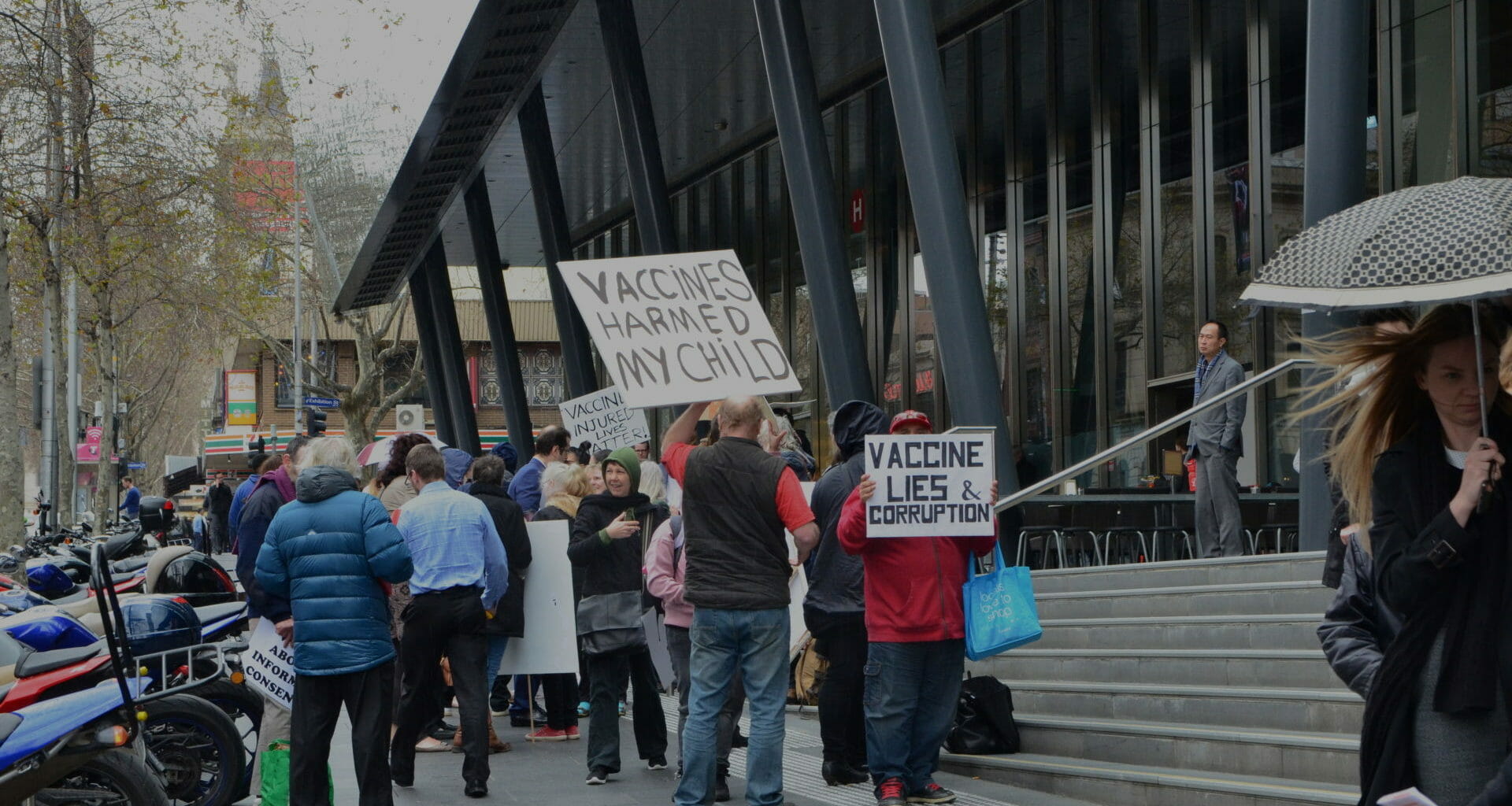Anti-vaccine posts are still being widely shared on social media in the UK as the Covid-19 vaccine continues to be administered across the country.
One post shared on Facebook focused on supposedly dangerous ingredients of the vaccines, with the subject of the post claiming to have run the list of ingredients past a poison control expert, who confirmed their toxicity.
The post lists “formaldehyde, Tween 80, mercury, aluminum , phenoxyethanol, potassium phosphate, sodium phosphate, sorbitol” among others as ingredients for vaccines such as the Covid-19 jab.
Ferret Fact Service looked at this claim and found it False.
Evidence
The viral post uses a common form of anti-vaccine meme, which makes claims about the dangers of the individual ingredients of vaccines. The post goes on to mention numerous ingredients which it claims are dangerous.
This post has been regularly shared in reference to the Covid-19 vaccines. But it gives inaccurate information about what is included in the vaccines, and the dangers of substances found in some vaccines in small quantities.
While the post gives a long list of supposedly dangerous ingredients in vaccines, the various currently approved vaccines for Covid-19 were developed separately, and have different ingredients.
What do the UK-approved vaccines contain?
First up is the Pfizer/BioNTech vaccine which is being rolled out in the UK presently – its ingredient list has been published on the UK Government website. It contains mRNA, lipids, potassium chloride, monobasic potassium phosphate, sodium chloride, dibasic sodium phosphate dihydrate, and sucrose.
mRNA is the active ingredient that the vaccine is based on. It works by encoding a portion of the spike protein found on the surface of SARS-CoV-2, the virus that causes Covid-19.
Lipids form a shell around the mRNA and help to keep it intact and stable while it gets into the body and starts to work.
The other ingredients, including salt and sugar, are used to maintain the pH level and the stability of the vaccine.
The AstraZeneca vaccine contains the modified adenovirus which delivers the spike proteins which train your body to fight off the coronavirus.
It also contains L-histidine, L-histidine hydrochloride monohydrate, magnesium chloride hexahydrate, polysorbate 80, ethanol, sucrose, sodium chloride, disodium edetate dihydrate, water for injections. Again, these ingredients are used to stabilise and maintain the pH level.
The final vaccine which has been approved for use is the Moderna vaccine. It contains mRNA, lipids, tromethamine, tromethamine hydrochloride, acetic acid, sodium acetate, and sucrose.
It is mRNA-based like the Pfizer/BioNTech vaccine, and apart from the active ingredient contains a mixture of acids, acid stabilisers, sugars, and salts which help to ensure the vaccine maintains stability while it gets to work.
Are these ingredients dangerous?
Of the more than 15 ingredients mentioned in the viral post, just four: monobasic potassium phosphate, dibasic sodium phosphate, polysorbate 80, and ethanol feature in the three vaccines.
Many of these names may seem unfamiliar and the post claims each is toxic to humans. Like many things, including salt, they can be toxic to humans in significant quantities, but not in the very small amounts they are used in vaccines.
Potassium phosphate and sodium phosphate are salts which help to keep the pH balance and to suspend the active ingredient in water, so that they do not settle. They are regularly added to foods.
Polysorbate 80 is another common food additive used in vaccines to keep other ingredients together. Ethanol is also widely used in food and drink products and acts as a stabilizer.
What about some of the others in the post?
Formaldehyde and mercury are regularly cited by anti-vaccine campaigners to support their contention that vaccines are not safe and toxic to humans. They are used in some vaccines, but none of those UK-approved for Covid-19.
Formaldehyde is regularly used as a germicide and disinfectant, as well as a preservative in mortuaries. It can be very dangerous in high amounts and has been linked to cancer. It is also naturally found in the body in higher amounts than a vaccine would contain and is not considered dangerous at such small concentration.
A compound of mercury called thimerosal has been used as a preservative in some vacines. While there is no evidence of harm caused by the low doses of thimerosal, the product has been phased out of most vaccine use. It is now very rarely used in the UK or US.
Ferret Fact Service verdict: False
The post’s claims about vaccine ingredients are not accurate. Only some of the ingredients mentioned in the post are in the Covid-19 vaccines approved in the UK. None of them are dangerous in such small amounts, and are regularly safely used in food and drink products.















